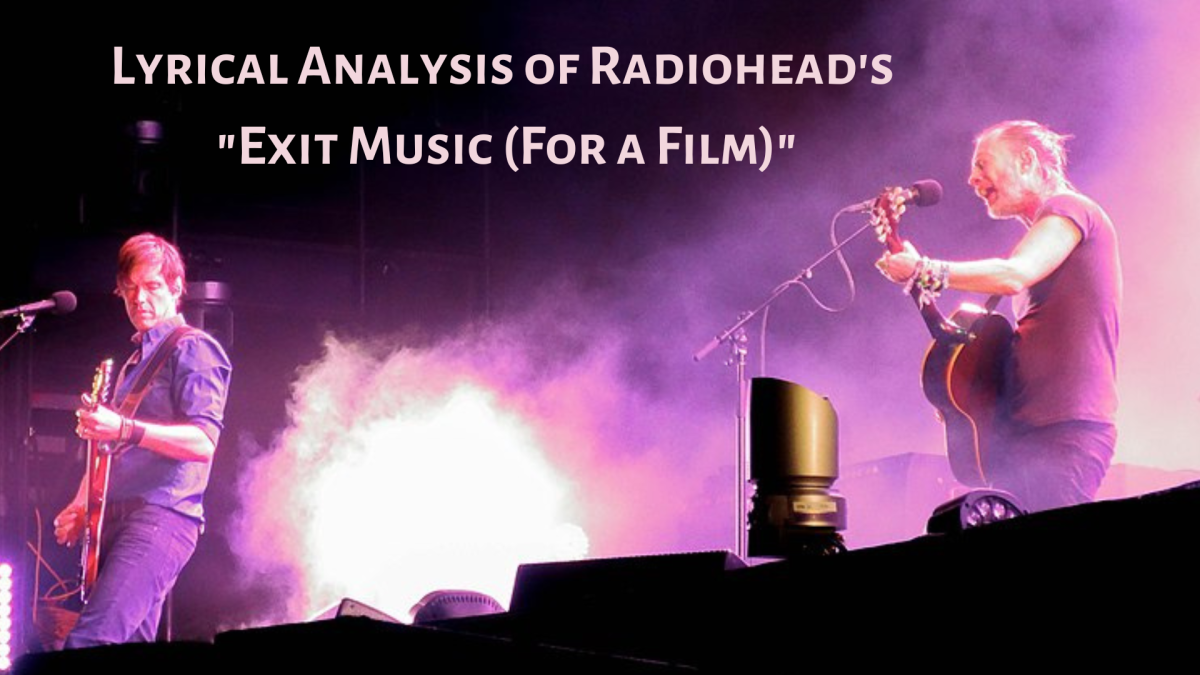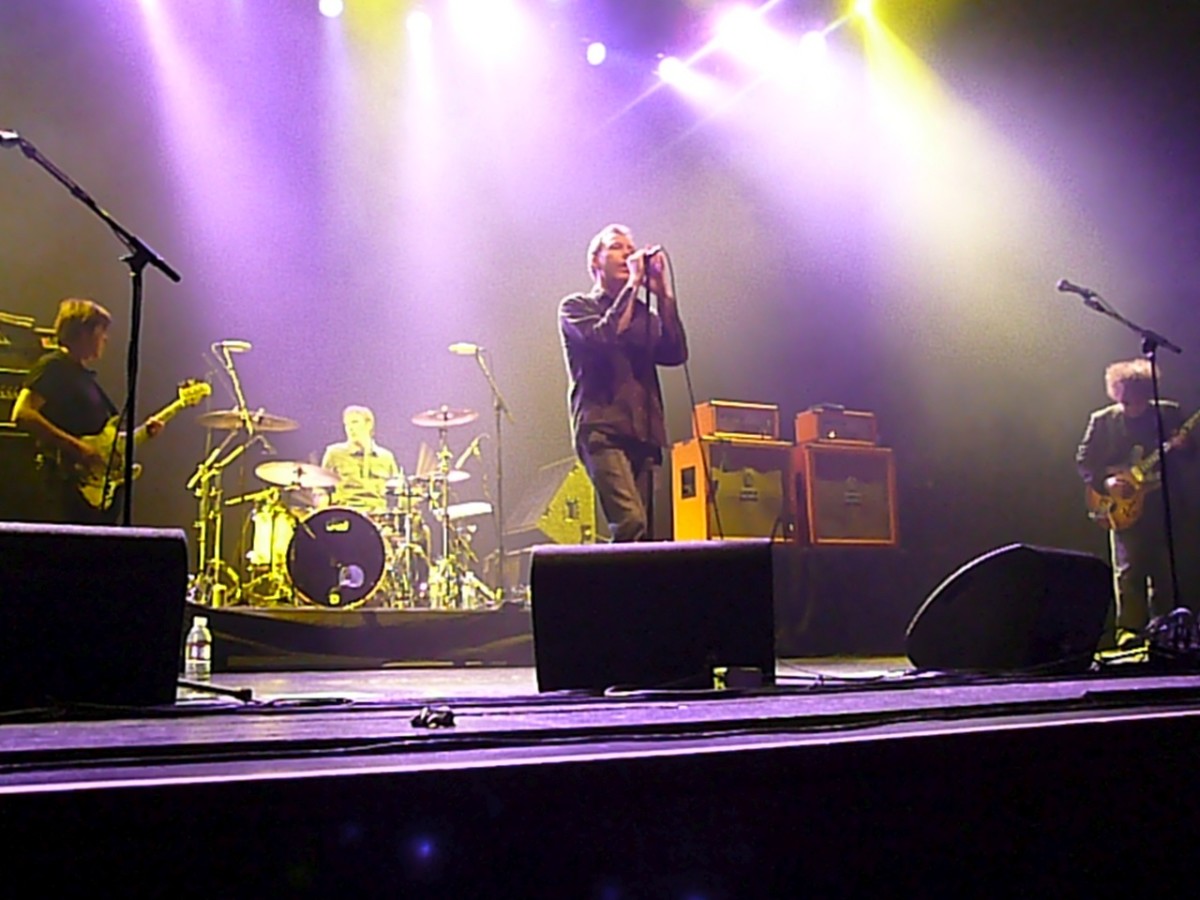Listener's Guide to Radiohead
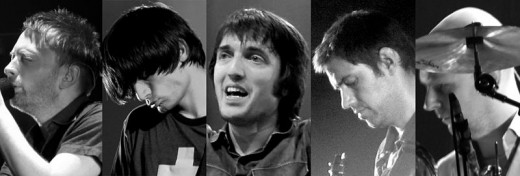
Radiohead is one of the most successful British bands of the 90's and the 2000s, yet their catalog of music is extremely diverse and sometimes, alienating to some fans of Radiohead's older albums because of the experimentation in their music. For people who have just begun to listen to Radiohead, this might be particularly jarring because of how unique most Radiohead albums are and how they are distinctive in comparison to the subsequent album.
Because of Radiohead's tendency to experiment and explore new styles and genres, it was fascinating to see how they progressed over the years. For the most open-minded listener, listening to all of Radiohead's albums chronologically is actually a very fun process spanning several genres of music, from alternative rock to electronic and third-stream and jazz stylings to glitch pop. However, we all have our own personal tastes in music and for those who simply want to enjoy the best that Radiohead has to offer for them personally, this guide is for you.

Where should I start?
This really depends on the kind of music you enjoy listening to. If you like more straightforward alternative rock, then you'd probably go for the earlier works of Radiohead; on the other hand, if you like more experimental, artful styles of work then you would listen to later works of Radiohead.
Radiohead's studio albums can be divided into two sides of a spectrum: Accessibility and Experimentation. From left to right spans the albums that are the most straightforward and accessible to anyone to the albums that are less accessible and more experimental.
In the center of this spectrum is what I like to call the "Big Three" of Radiohead. These are the albums In Rainbows, OK Computer, and Kid A.

"The Big Three"
The reason I call them "the Big Three" is because they not only lie in the center of the spectrum, but they're generally known as the most acclaimed, best albums that Radiohead has to offer, a notion that I believe to be quite true. Personally, I think that it is in your best interest to start with these three albums.
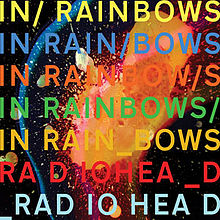
In Rainbows
With In Rainbows, Radiohead leaned more towards a more traditional, accessible sound, while at the same time experimentation wasn't necessarily non-existent; it flowed through the ideas and motifs of their music, with a larger focus on the melodic quality of songs, arpeggios, and a more minimalistic approach in general. For the most part, In Rainbows is a more straightforward album than the other two albums, so it leans towards accessibility. The album is very listenable and engaging, and has a great balance between electronic music and the more traditional use of guitars and strings.
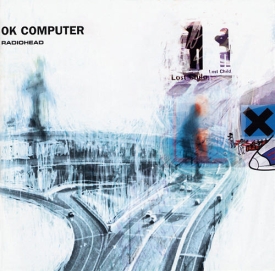
OK Computer
OK Computer is widely known as the best Radiohead album, as well as being very high on "Top 100" or "Best Albums of All Time" lists. I see OK Computer as the sort of "bridge" between accessibility and experimentation, and this is mainly why I think it's their best work. This was where they really began to explore new styles and feels that paved the way for their later works, while at the same time being somewhat faithful to their older styles and fanbase. It showed the band beginning to mature drastically into a more artful, thoughtful group of composers and musicians, touching on themes like alienation and consumerism and exploring electronic music being implemented into their alternative rock. I highly recommend that any new listener of Radiohead begin here, their finest work.
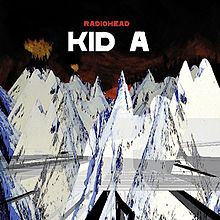
Kid A
Kid A is one of the more "controversial" albums of Radiohead, as it firmly placed Radiohead as an art rock band, exploring genres such as electronic, ambient, jazz, and classical and implementing them in their music in various ways. This significantly alienated their fanbase because of how polarizing and different it was from their last album, OK Computer. Songs like "The National Anthem", "Treefingers", and "Idioteque" are fine examples of the inspirations that Radiohead drew from music by third-stream jazz artists such as Charles Mingus, ambient artists such as Brian Eno, and electronic artists, respectively. While it definitely divided fans substantially (some analysts believe that such a deviation from their original Britpop, alternative style is the reason why so many Radiohead fans became fans of Coldplay soon after), Kid A is one of their finest albums, and those who enjoy exploring various genres would surely enjoy it.
What about the others?
If you simply want to listen to more straightforward alt-rock, then you would go to the left side of the spectrum with Pablo Honey and The Bends, both being more popular, more introspective works of Radiohead. On the other hand, if you revel in exploring different things and sounds, then the right side of the spectrum is more for you, with the albums Amnesiac, Hail to the Thief, and The King of Limbs. I admit, I simply left the rest of the Radiohead albums in chronological order, but this is mostly because of two things:
- Pablo Honey is indeed more accessible than The Bends, the latter of which is like the younger teenage brother of OK Computer, fiddling with electronic influences here and there while being more emotional and introspective.
- I don't feel as if I am in the position to judge which of each of the albums on the right side is "more experimental" than the other. They're all very different and each time Radiohead makes a new album since Kid A, they've been touching on new influences and inspirations.
I won't go in as much detail for each of these albums, but I'll give a list of a few notable features in every album.
- Pablo Honey- Debut album of Radiohead. Placed them on the charts with their hit-single "Creep", which is (regrettably) their most well-known song.
- The Bends- Probably one of the most popular Radiohead albums, The Bends is known to be one of the best albums of the 90's. Critically acclaimed unlike its predecessor.
- Amnesiac- A continuation of Kid A, it was initially going to be released alongside Kid A as a double album. Amnesiac has a jazzier feel than Kid A, with "Life in a Glasshouse" being a notable example of such. Critically acclaimed.
- Hail to the Thief- Viewed by many as a return to the more traditional alt-rock feel of Radiohead, while in fact this album is still rather experimental and electronic in nature. Critically acclaimed and a fan-favorite by many.
- The King of Limbs- A glitch-pop album, which again deviates from the alternative rock that had "returned." The King of Limbs is not as acclaimed as others, and is even more dividing than Kid A in that critics and fans alike have polarizing opinions of the album.

